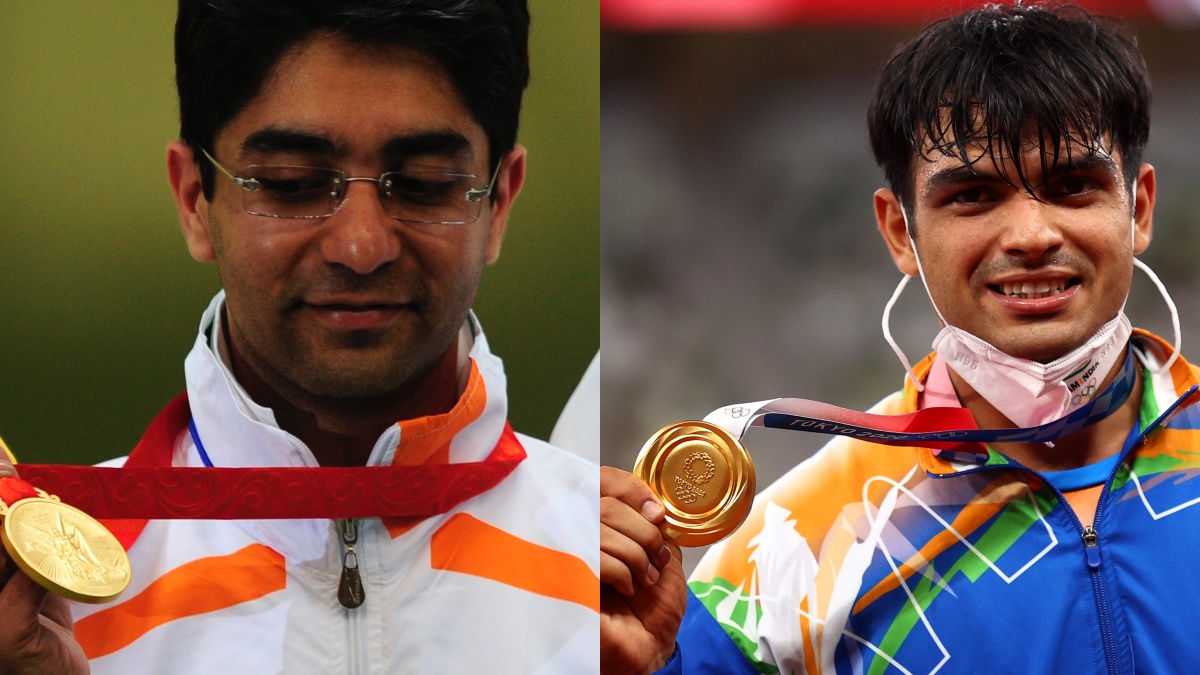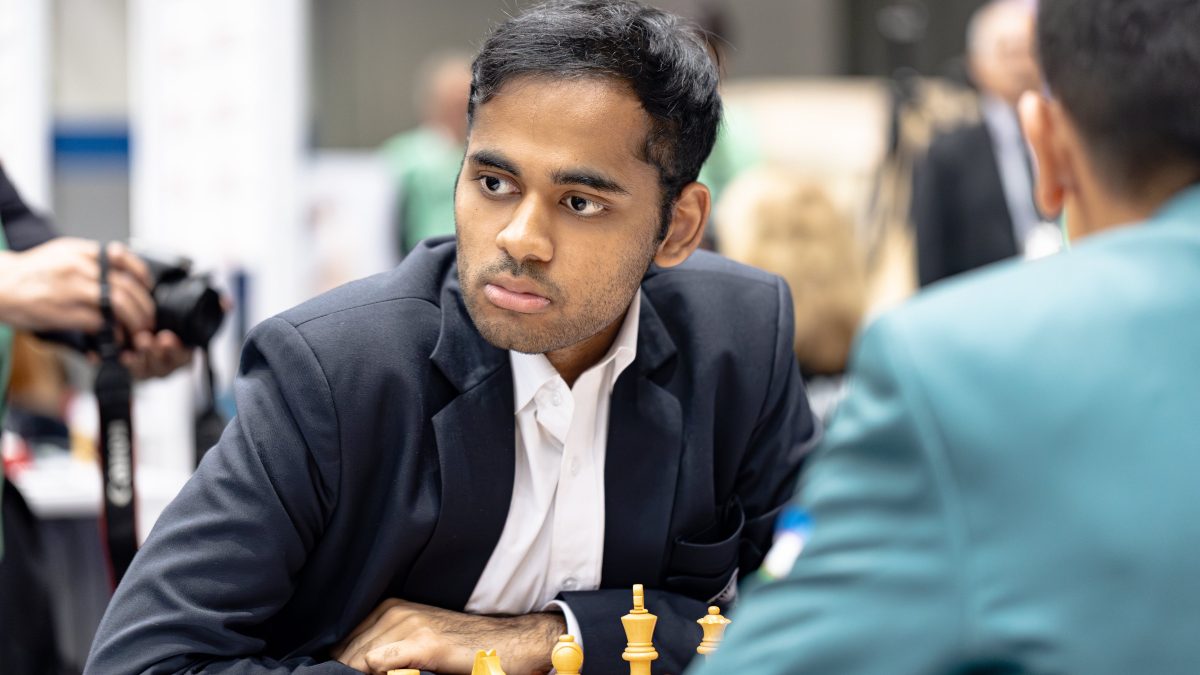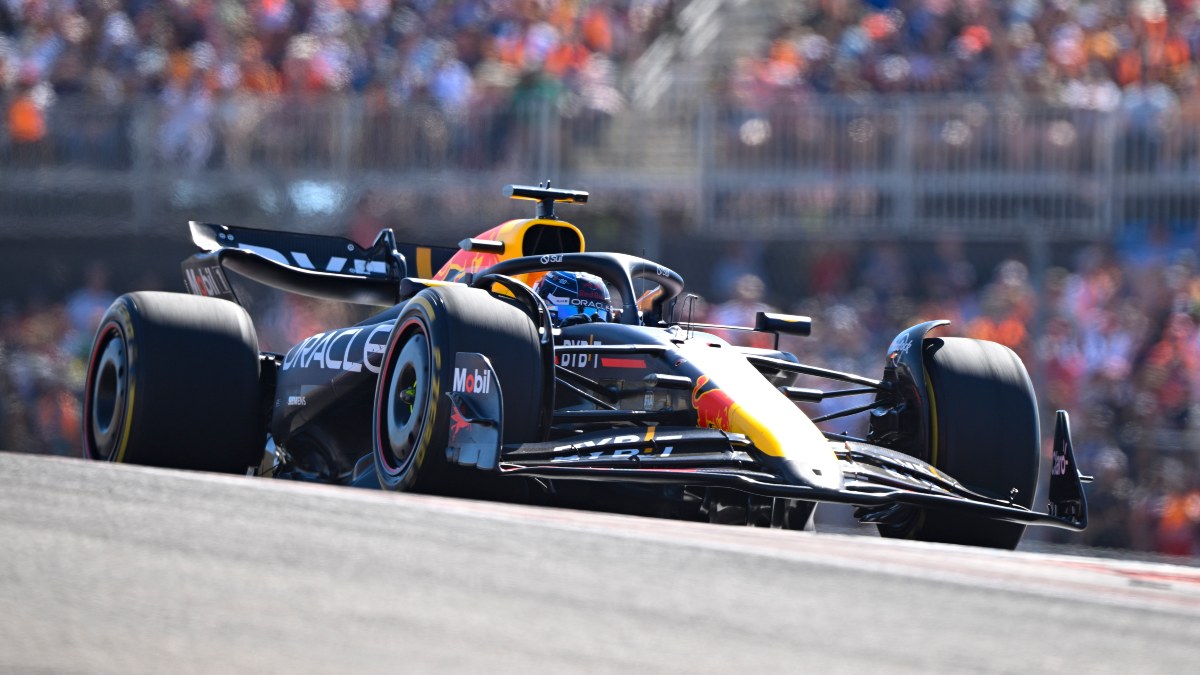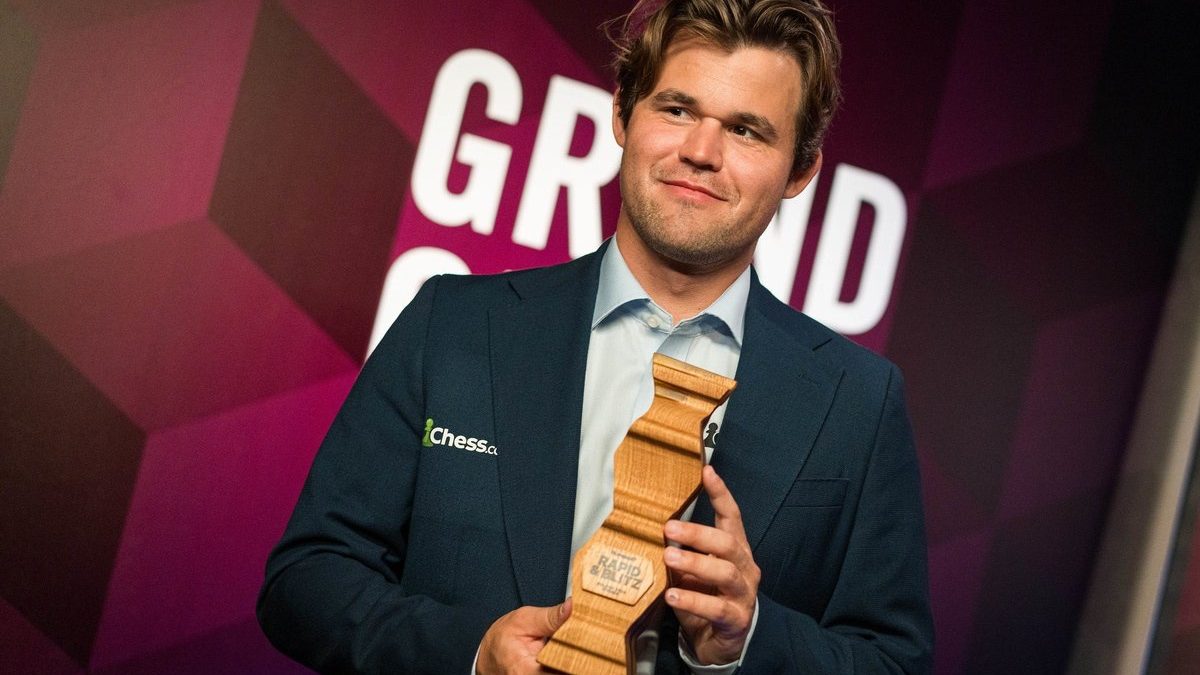India tallied highest medal count at the 2008 Olympics, and then broke that record twice in period of growth. read more
)
Abhinav Bindra and Neeraj Chopra are India's only two individual gold medallists at the Olympics. Reuters
With 33rd Sumer Olympic Games in Paris in the offing, we move to the third, and final, edition in our three-part series revisiting India’s performance at the world’s biggest sporting event. Part 1 looked at pre-Independence India and the second part at the performance in the 20th century. In this last part, we take a look at how India fared from 2000 to the most recent Games in Tokyo.
India’s journey in the Olympics and growth as a sporting nation is visible in how the country has performed over the years. After three consecutive editions without a medal - 1984, 1988 and 1982 - India earned one in Atlanta - in the form of Leander Paes. While that is paltry returns for a country of India’s size, and potentially extensive skills in its repertoire, the tide had started to turn going into the 21st century.
India won 15 medals from 1900 until Atlanta 1996 with majority, 11 of them, coming in men’s hockey. Rest came courtesy Norman Pritchard (two in athletics), KD Jadhav (in wrestling), Paes (in tennis).
India’s tally going into the Paris Olympics now stands at 35 medals with 20 medals coming in the last six editions or 18 in the last four. The record was achieved at the rescheduled Tokyo 2020, held a year later, where India won seven medals.
Sydney 2000: Malleswari creates history
The Sydney 2000 Olympics marked a historic moment for India as Karnam Malleswari won a bronze medal in women’s weightlifting (69kg category).
Malleswari became the first Indian woman to win an Olympic medal, a breakthrough that highlighted the rising potential of female athletes in the country.
This achievement inspired many and set the tone for future participation and success in the Olympics.
Athens 2004: First shooting medal
At the 2004 Athens Olympics, Rajyavardhan Singh Rathore won a silver medal in men’s double trap shooting. This was India’s first-ever individual silver medal at the Olympics.
Rathore’s success was significant not just for the medal itself but also for bringing attention to shooting as a sport in India, leading to increased investment and interest in this field.
In tennis, Leander Paes and Mahesh Bhupathi lost in the semi-finals and then in the bronze medal match to Mario Ancic and Ivan Ljubcic of Croatia.
In weightlifting, Kunjrani Devi, competing in women’s 48kg class, lifted a combined 190kg to finish fourth and outside of medal places.
Sanamacha Chanu also finished fourth in women’s 53kg weighlifting but was later disqualified for testing positive for furosemide.
Beijing 2008: First individual gold medal
India collected the most medals at an Olympics in Beijing in 2008. Abhinav Bindra won India’s first-ever individual gold medal, triumphing in the 10m air rifle event.
Additionally, wrestler Sushil Kumar won a bronze in the men’s freestyle wrestling (66kg category), and boxer Vijender Singh also secured a bronze in the men’s middleweight boxing category. Sushil became the second wrestler to medal for India at an Olympics after KD Jadhav in 1952.
2008 Olympics marked the first Summer Games where India had no representation in men’s hockey - a big decline for the sport in the country.
London 2012: Diverse group of medallists
The 2012 London Olympics built upon the success of Beijing, with India securing its best-ever haul of six medals. While there was no gold, the diversity of medals was encouraging.
Shooters Vijay Kumar (silver) and Gagan Narang (bronze), wrestlers Sushil Kumar (silver) and Yogeshwar Dutt (bronze), boxer Mary Kom (bronze), and badminton player Saina Nehwal (bronze) all made it to the podium.
Sushil’s silver made him the first Indian to win two individual Olympic medals, and Mary Kom’s bronze was a significant milestone for women’s boxing.
This performance underscored India’s growing competitiveness across multiple disciplines.
Rio 2016: Reality check in Brazil
The 2016 Rio Olympics presented a reality check. Despite sending its largest-ever contingent at the time, 117 athletes, India managed only two medals.
However, these medals were significant in their own right. PV Sindhu’s silver in badminton women’s singles made her the first Indian woman to win an Olympic silver. She also became the youngest India’s youngest individual Olympic medallist.
Sakshi Malik’s bronze in wrestling made her the first Indian female wrestler to win an Olympic medal.
The games also saw gymnast Dipa Karmakar finish a creditable fourth in the vault final, highlighting India’s progress in a sport where it had little previous success.
Several Indians came close to adding to the medal tally: Rohan Bopanna and Sania Mirza in mixed doubles tennis; Abhinav Bindra in men’s 10m air rifle, Karmakar with her high-risk Produnova routine in the women’s vault.
Despite missing out on winning a medal, the Indian women’s hockey team made the cut after 36 years.
Tokyo 2020: India’s highest medal tally
The 2020 Tokyo Olympics (held in 2021 due to the COVID-19 pandemic) marked India’s best-ever performance at the Olympics. India sent its largest-ever contingent of 126 athletes to Japan. The athletes competed in a record 69 events.
The country won seven medals, including its first gold in track and field, courtesy of javelin thrower Neeraj Chopra. Neeraj’s historic gold was a breakthrough moment for Indian athletics, inspiring a new generation of athletes. He became India’s second individual gold medallist after Abhinav Bindra in 2008. It was India’s first Olympic medal in track and field since Norman Pritchard triumphed in 1900 Games.
Mirabai Chanu (silver in weightlifting), Ravi Kumar Dahiya (silver in wrestling), PV Sindhu (bronze in badminton), Lovlina Borgohain (bronze in boxing), Bajrang Punia (bronze in wrestling), and the men’s hockey team (bronze) were the other medalists.
In the women’s weightlifting (49 kg) event, Chanu secured India’s first silver medal, making her the first Indian Olympic medalist in the sport since 2000.
PV Sindhu clinched a bronze in women’s badminton, becoming the first Indian female athlete and the second Indian overall to earn two consecutive Olympic medals in individual events.
The men’s hockey team won a bronze medal, marking their first Olympic medal since 1980.
There were other memorable moments and cases of too close, too far: men’s 4x400m relay team achieved a new Asian record; golfer Aditi Ashok, wrestler Deepak Punia, and the women’s hockey team all finished in fourth place. This was the women’s hockey team’s best performance since their Olympic debut in 1980.
The showcase in Tokyo not only surpassed the previous best of six medals but also highlighted India’s improved competitiveness across a range of sports.

 3 months ago
17
3 months ago
17
)
)
)
)
)
)
)
)
)
)
)
)
)
)
)
)
)
)
)
)
)
)
)
)
)
 English (US) ·
English (US) ·